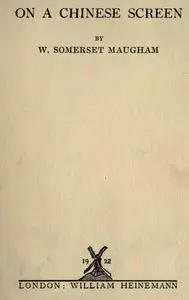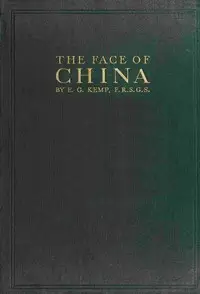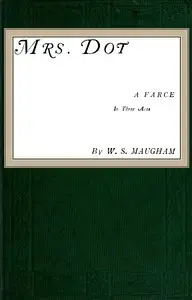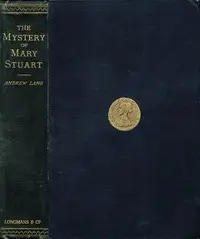"On a Chinese Screen" by W. Somerset Maugham is a captivating travelogue, chronicling the author's early 20th-century encounters in China through an exquisite blend of descriptive observations. The story creates a sharp juxtaposition between the enchanting allure of the East and the commonplace routines of daily existence, presenting insight into the remarkable and the typical elements of Chinese society. Opening with vibrant depictions of China, readers are thrust into bustling marketplaces teeming with life; the author transitions to intimate portraits, such as the determined woman converting an ancient temple to a house. Maugham's narrative promises a reflective expedition into a foreign land, combining personal stories and thorough observations.

On a Chinese Screen
By W. Somerset (William Somerset) Maugham
Journey to early 20th-century China, a land of enchanting mystery, to encounter the remarkable and the typical through vivid portrayals of a foreign land.
Summary
About the AuthorWilliam Somerset Maugham was an English writer, known for his plays, novels and short stories. Born in Paris, where he spent his first ten years, Maugham was schooled in England and went to a German university. He became a medical student in London and qualified as a physician in 1897. He never practised medicine, and became a full-time writer. His first novel, Liza of Lambeth (1897), a study of life in the slums, attracted attention, but it was as a playwright that he first achieved national celebrity. By 1908 he had four plays running at once in the West End of London. He wrote his 32nd and last play in 1933, after which he abandoned the theatre and concentrated on novels and short stories.
William Somerset Maugham was an English writer, known for his plays, novels and short stories. Born in Paris, where he spent his first ten years, Maugham was schooled in England and went to a German university. He became a medical student in London and qualified as a physician in 1897. He never practised medicine, and became a full-time writer. His first novel, Liza of Lambeth (1897), a study of life in the slums, attracted attention, but it was as a playwright that he first achieved national celebrity. By 1908 he had four plays running at once in the West End of London. He wrote his 32nd and last play in 1933, after which he abandoned the theatre and concentrated on novels and short stories.



















